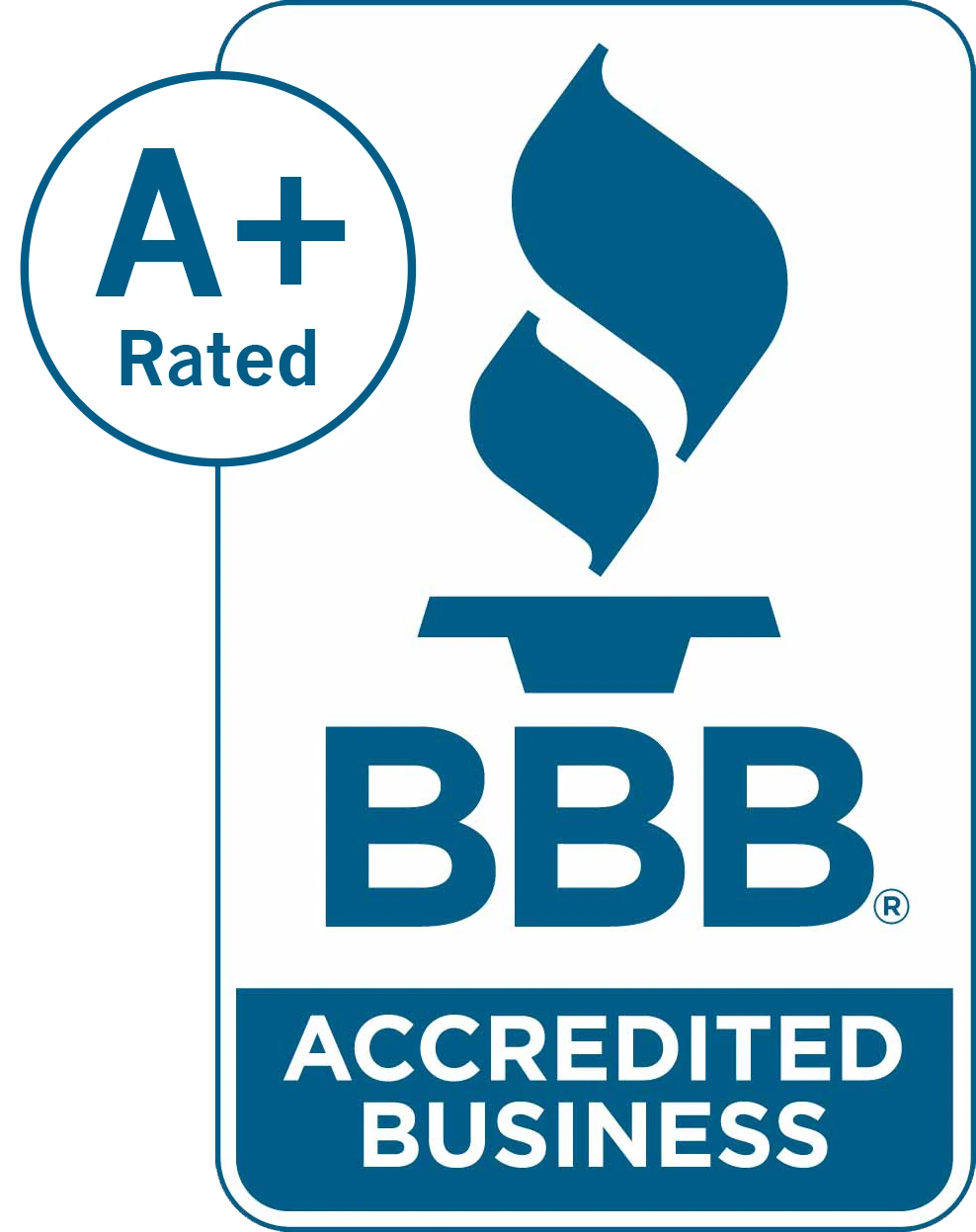- Easy Consultation (916) 704-3009
CA Eminent Domain Law

Eminent domain is a power vested in the government that allows for the acquisition of private property for public use. In California, like in many other jurisdictions, this power is regulated to safeguard the rights of property owners and ensure just compensation. This article explores the concept of eminent domain, its implications for private property owners in California, the determination of fair market value, and the overall balance between public interest and individual property rights.
California Eminent Domain Laws – Eminent Domain law
Eminent domain is a legal principle that grants the government the authority to take possession of private property for public use or benefit. In California, the exercise of eminent domain is governed by laws and regulations that aim to strike a balance between public welfare and the protection of individual property rights.
Property Rights in the State of California
Private property is a cornerstone of individual liberty and economic prosperity. It provides individuals with the freedom to use, enjoy, and dispose of their assets as they see fit. Recognizing the significance of private property, both the U.S. Constitution and the California Constitution enshrine protections to ensure its preservation.
Fair Market Value and Compensation
When the government exercises eminent domain, it must provide just compensation to the property owner. In California, just compensation is based on the concept of fair market value. The fair market value represents the price that the property would reasonably command in an open and competitive market. It takes into account factors such as location, condition, potential uses, and recent comparable sales.
The Rights of The Property Owner
Property owners in California have certain rights when faced with an eminent domain action. They have the right to receive notice of the government’s intent to acquire their property and to challenge the proposed taking. Property owners also have the right to negotiate for fair compensation and, if necessary, pursue legal remedies to ensure their rights are protected.
Condemnation Litigation
Condemnation litigation is a legal process that arises when the government exercises its power of eminent domain to acquire private property for public use. It involves disputes between property owners and the government regarding the fair compensation offered for the property being taken. This article explores the key aspects of condemnation litigation, including the rights of property owners, the role of fair compensation, and the importance of legal representation in protecting property owners’ interests.
Understanding Condemnation Litigation
Condemnation litigation refers to the legal proceedings initiated by property owners to challenge the government’s exercise of eminent domain and seek fair compensation for the taking of their property. It involves navigating complex legal procedures and presenting arguments to ensure that property owners’ rights are protected throughout the process.
Property Owners’ Rights in Condemnation Cases
Property owners facing eminent domain actions have important rights that are essential in condemnation litigation. These rights include the right to receive proper notice of the government’s intent to acquire their property, the right to challenge the necessity and public purpose of the taking, and the right to contest the amount of compensation offered. Property owners have the opportunity to present evidence and arguments supporting their position and advocating for fair treatment.
The Role of Fair Compensation
Fair compensation lies at the core of condemnation litigation. Property owners have the right to receive just compensation for their property as mandated by the Fifth Amendment of the United States Constitution and corresponding state laws. Fair compensation should reflect the property’s fair market value, considering its location, condition, potential uses, and other relevant factors. Through condemnation litigation, property owners can pursue higher compensation amounts that align with the true value of their property.
Importance of Legal Representation
Given the complexities of condemnation litigation, obtaining legal representation is crucial for property owners. Experienced attorneys specializing in eminent domain can provide invaluable assistance throughout the process. They can help property owners understand their rights, navigate legal procedures, assess fair compensation, negotiate with the government, and, if necessary, litigate the case in court. Having skilled legal counsel significantly enhances the chances of obtaining fair treatment and just compensation.
Only Part of the Property is to be Acquired
When the government exercises eminent domain, it is not uncommon for only a portion of a property to be targeted for acquisition. In such cases, property owners may face the challenge of dealing with the division of their land or property. This situation introduces additional complexities and considerations in terms of determining fair compensation and the impact on the remaining portion of the property.
Partial acquisitions can have a significant impact on property owners, as they may disrupt the integrity, functionality, or value of the remaining land or structures. Property owners need to carefully assess the implications of the proposed partial acquisition and seek professional advice to protect their interests.
In these situations, it is crucial for property owners to engage with appraisers and legal professionals experienced in eminent domain matters. They can assist in assessing the fair compensation for the portion being acquired and provide guidance on how the remaining property may be affected. Understanding the potential consequences and seeking expert advice can ensure that property owners are adequately compensated and that their rights and interests are protected.
Moreover, negotiations with the government become critical in cases of partial acquisitions. Property owners may want to advocate for measures that mitigate the negative impacts of the acquisition on the remaining property, such as ensuring proper access, addressing potential damages, or negotiating for additional compensation for the resulting loss in value.
Overall, when facing a partial acquisition of their property, property owners should proactively seek legal counsel and professional guidance to navigate the intricacies of the eminent domain process. By doing so, they can safeguard their rights, protect their remaining property, and work towards achieving a fair outcome in terms of compensation and the preservation of their property’s value.
The Owner And The Agency Are Unable To Reach An Agreement On The Property’s Fair Market Value
In some cases of eminent domain, the property owner and the acquiring agency may find themselves unable to reach an agreement on the fair market value of the property. The fair market value represents the price that the property would reasonably command in the open market, taking into account various factors such as location, condition, and potential uses.
When the owner and the agency disagree on the fair market value, it can lead to a stalemate in the negotiation process. The owner may believe that the offered compensation is inadequate, while the agency may argue that it is a fair reflection of the property’s value.
In such situations, it is common for both parties to enlist the assistance of professional appraisers. Appraisers are qualified experts who assess the value of the property based on industry standards and market data. They consider factors such as comparable sales, property characteristics, market trends, and other relevant information to determine an impartial estimate of the property’s fair market value.
Appraisals provided by both the property owner and the acquiring agency’s appraisers can serve as the basis for further negotiation or, if necessary, for litigation. If the parties cannot reach an agreement through negotiation, the matter may proceed to court, where a judge or jury will make a final determination on the fair market value of the property.
Resolving disagreements on fair market value in eminent domain cases can be complex and time-consuming. It requires a thorough examination of the property’s characteristics and market conditions, as well as careful consideration of the legal and regulatory frameworks governing eminent domain. Seeking the guidance of experienced legal professionals and appraisers can help property owners navigate this process and advocate for a fair valuation of their property.
Attorney Fee Recovery Statutes in California
Attorney fee recovery statutes in California refer to legal provisions that allow prevailing parties in certain types of cases to recover their attorney fees from the losing party. These statutes are designed to promote access to justice and ensure that individuals and businesses are not deterred from pursuing legitimate claims due to the potential financial burden of legal fees. In California, various laws, such as the California Civil Code and specific statutes for certain areas of law, provide the framework for attorney fee recovery. These statutes typically require the prevailing party to have a contractual or statutory basis for seeking attorney fees and demonstrate that they have substantially prevailed in the case. Attorney fee recovery statutes in California play an important role in fostering fairness and encouraging the pursuit of meritorious legal claims by reducing the economic barriers associated with legal representation.
Appraisers and Other Experts
Appraisers and other experts play a crucial role in various legal and financial matters, providing specialized knowledge and professional opinions in their respective fields. In the context of eminent domain cases, appraisers are often called upon to determine the fair market value of a property being acquired by the government. These appraisers evaluate the property’s characteristics, consider market conditions, and analyze comparable sales to provide an impartial assessment of its value.
Appraisers utilize their expertise to ensure that property owners receive fair compensation for their properties, taking into account factors such as location, condition, potential uses, and other relevant considerations. Their appraisals serve as important evidence during negotiations or potential litigation to support the property owner’s position regarding the value of their property.
Interest In the Just Compensation Awarded
Interest in the just compensation awarded refers to the financial interest or entitlement of a property owner to receive compensation for the government’s acquisition of their property through eminent domain. Just compensation is the constitutionally mandated requirement that property owners be fairly and adequately compensated for the value of their property that is taken for public use.
When the government exercises eminent domain and acquires private property, the property owner has a legal right to receive just compensation, which typically includes the fair market value of the property. However, the process of determining just compensation can be complex and may involve negotiations, appraisals, and potential litigation.
Contesting The Condemning Agency’s Acquisition Of The Property Owner
Contesting the condemning agency’s acquisition of the property involves challenging the government’s exercise of eminent domain and advocating for the protection of property rights. Property owners have the right to contest the necessity, public purpose, or proposed terms of the acquisition. This may involve presenting evidence, engaging in negotiations, and potentially pursuing legal action to assert their rights. By contesting the condemning agency’s acquisition, property owners seek to ensure that their property is not taken without just cause, that they receive fair compensation and that their interests are adequately represented throughout the eminent domain process.
Oppose the motion for an Order for Possession Prior to Judgment
Opposing the motion for an Order for Possession Prior to Judgment involves contesting the request made by the opposing party to gain possession of the property before the final judgment in a legal proceeding. This motion typically arises in cases where the opposing party seeks immediate possession of the property, potentially causing significant disruption to the property owner.
To oppose such a motion, the affected party must present arguments and evidence demonstrating why granting possession prior to judgment would be unjust or prejudicial. This may include demonstrating that there are genuine issues of fact or law that need to be resolved before possession can be granted, or showing that allowing possession before judgment would cause irreparable harm or prejudice the affected party’s rights.
Opposing the motion may also involve highlighting any procedural deficiencies in the opposing party’s request, such as failure to meet the legal requirements or failure to demonstrate a valid basis for an expedited possession.
Through effective opposition, the affected party aims to protect their rights, maintain possession of the property until a final judgment is rendered, and ensure a fair and just resolution of the legal dispute. Legal representation and a strong presentation of arguments and evidence are crucial in contesting the motion and persuading the court to deny the request for possession prior to judgment.
Relocation Benefits
Relocation benefits refer to the financial assistance and support provided to individuals or businesses who are required to move or relocate due to circumstances such as eminent domain, urban redevelopment, or government infrastructure projects. These benefits aim to help mitigate the costs and disruptions associated with the forced displacement of individuals or businesses from their current location.
Relocation benefits typically include various components to assist with the relocation process. This may involve reimbursement for moving expenses, such as packing, transportation, and storage costs. It may also cover expenses related to finding a new property, such as real estate agent fees or rental application fees.
In addition to financial assistance, relocation benefits may offer support services to ease the transition. This could include access to relocation specialists who can provide guidance on finding suitable housing or facilitating the transfer of utilities and services. Counseling services may also be provided to address the emotional and practical challenges that individuals or businesses may face when uprooting their lives or operations.
The specific details and eligibility criteria for relocation benefits can vary depending on the governing laws, regulations, and policies of the jurisdiction or organization providing the benefits. These benefits are intended to help individuals or businesses navigate the relocation process with greater ease and minimize the negative impacts of forced displacement.
Overall, relocation benefits play a vital role in assisting those affected by circumstances requiring them to move by providing financial assistance and support services to facilitate a smooth transition to their new location.
Owner’s Attorneys’ Fees and Costs
Owner’s attorneys’ fees and costs refer to the legal expenses incurred by a property owner in relation to a legal dispute or proceeding. In the context of eminent domain cases, property owners may be entitled to recover their attorneys’ fees and costs if they prevail in the litigation or negotiation process.
When the government exercises eminent domain and acquires private property, property owners may engage in legal representation to protect their rights, advocate for fair compensation, and ensure that their interests are adequately represented throughout the process. The fees charged by attorneys and the costs associated with legal proceedings, such as court filing fees, expert witness fees, and document preparation costs, can accumulate over the course of the case.
In certain situations, applicable laws or contractual agreements may allow property owners who prevail in an eminent domain case to recover their attorneys’ fees and costs from the government. This provision aims to ensure that property owners have access to legal representation and can pursue their rights without facing a significant financial burden.
To recover attorneys’ fees and costs, property owners typically need to demonstrate that they substantially prevailed in the case, meaning they achieved a favorable outcome or obtained a result that is more favorable than the initial offer made by the government. Property owners may need to provide evidence of their legal expenses and justify their reasonableness and necessity.
The ability to recover attorneys’ fees and costs can provide property owners with the means to engage experienced legal representation and level the playing field when dealing with the government in eminent domain cases. It helps ensure that property owners have access to justice and the resources necessary to protect their rights and interests throughout the process.
Subject property owner
The term “subject property” refers to the specific property under consideration or discussion in a given context. It is the property that is the main focus of attention or analysis within a particular discussion, transaction, or legal matter.
In various situations, such as real estate transactions, appraisals, or legal disputes, the subject property is the specific piece of real estate or asset that is being evaluated, discussed, or acted upon. It is the property that is subject to examination, assessment, or scrutiny based on its characteristics, value, condition, or legal status.
For example, in an eminent domain case, the subject property would be the private property that the government seeks to acquire for public use. In a real estate transaction, the subject property would be the property being bought, sold, or leased. In a property appraisal, the subject property would be the property being evaluated to determine its fair market value.
The term “subject property” helps to differentiate the property under consideration from other properties that may be involved in the same context. It serves as a specific reference point and enables focused discussions, analysis, and actions relating to that particular property.
Eminent domain abuse
Eminent domain abuse refers to situations where the power of an eminent domain, which allows the government to acquire private property for public use, is misused or exploited in a manner that infringes upon the rights of property owners or undermines the principles of fairness and public interest.
Eminent domain is intended to serve the public good by enabling the government to acquire land for essential infrastructure projects or public development. However, instances of abuse can occur when the government’s exercise of eminent domain goes beyond its intended purpose or fails to adequately protect the rights of property owners.
Examples of eminent domain abuse can include:
- Improper use of the public purpose requirement: Eminent domain should only be used for projects that genuinely serve the public interest, such as constructing roads, schools, or utilities. If the government attempts to acquire property for private development or economic gain without a legitimate public purpose, it can be considered an abuse of eminent domain.
- Inadequate compensation: Fair compensation is a fundamental principle of eminent domain. If property owners are not justly compensated for their property, including its fair market value and associated damages, it can be seen as an abuse of the system.
- Lack of transparency and due process: Eminent domain proceedings should be transparent, providing property owners with proper notice, opportunities for hearings, and the ability to challenge the government’s actions. If the government fails to follow these due process requirements or acts in a secretive or arbitrary manner, it can constitute an abuse of eminent domain.
- Favoritism or political influence: Eminent domain should be applied impartially and without favoritism. If the government uses its power to benefit specific individuals, corporations, or political interests at the expense of others, it is an abuse of the system.
- Unnecessary or excessive takings: Eminent domain should only be exercised when it is necessary and the acquisition is limited to the minimum amount of property required. Unnecessary or excessive takings that go beyond what is truly needed for the public purpose can be considered abuse.
Eminent domain abuse undermines the principles of property rights, fairness, and the public interest. It can have a detrimental impact on affected property owners and the community at large. Recognizing and addressing instances of abuse is essential to ensure that eminent domain is used responsibly and in a manner that respects the rights of property owners and serves the best interests of the public.
Key Terms
Resolution of necessity
Personal property















